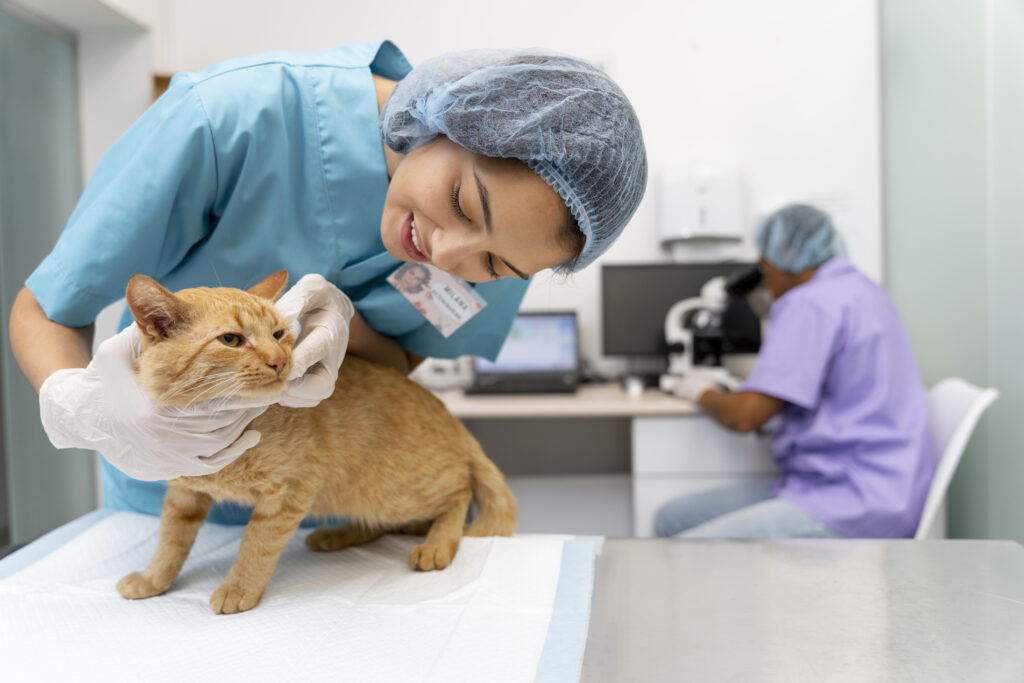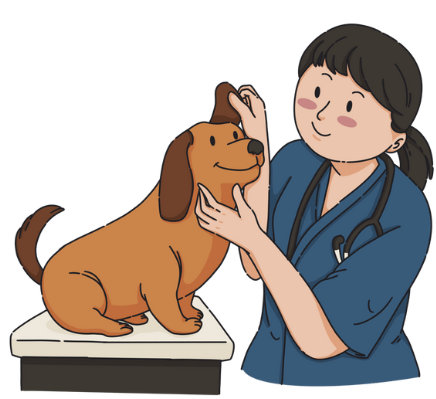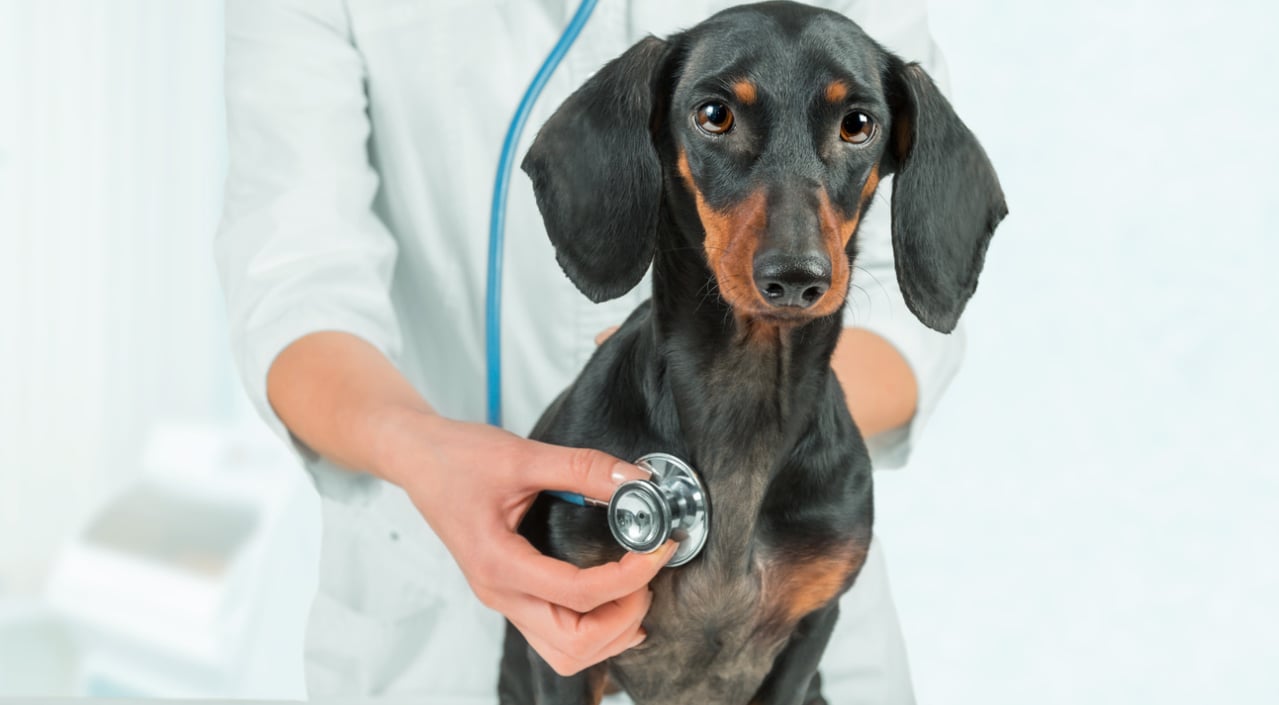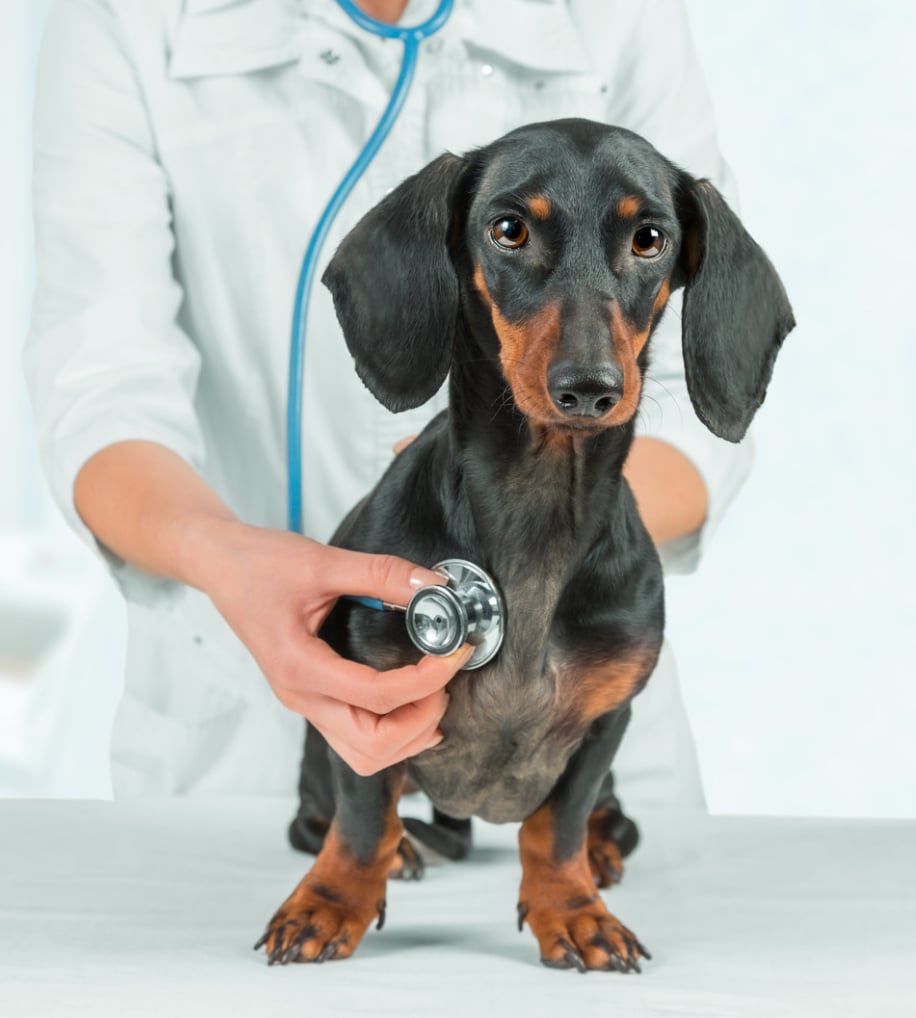Introduction
As a pet owner, it’s important to be prepared for emergencies to keep your pet safe. You never know when something unexpected might happen, so knowing how to handle different types of crises is crucial. This article will explore various emergencies that could potentially affect your pet and provide you with the information you need to effectively deal with each situation. From understanding what to do in biological or chemical incidents, to knowing how to protect your pet during severe weather or home emergencies, this guide has got you covered. By staying informed and taking the necessary precautions, you ensure that during any emergency, the well-being of your beloved pets remains a priority. For those unexpected situations, immediate action is vital. Whether it’s dealing with foreign body removal or seeking assistance in any of our serviced cities or beyond, this guide serves as an essential resource for all pet owners striving to protect their furry family members in times of crisis.1. Biological Emergencies
Biological emergencies pose significant threats to the well-being of our pets, as they can quickly succumb to diseases or pathogens. These emergencies encompass various scenarios, ranging from common contagious diseases to the potential use of biological agents for harmful purposes. Common Diseases Affecting Pets:- Canine Parvovirus: This highly contagious virus primarily affects puppies and can cause severe gastrointestinal problems, often leading to death.
- Feline Leukemia: A major cause of death in cats, this virus weakens their immune system and increases the risk of cancer and other infections.
- Vaccinations: Regular vaccinations are essential for preventing many infectious diseases. By scheduling kitten visits or routine check-ups, pet owners can ensure that their furry friends receive the necessary immunizations.
- Hygiene: Maintaining good hygiene practices reduces the risk of disease transmission. It’s important to wash pet bedding regularly and disinfect living areas when there’s a suspected illness.
- Awareness: Staying updated about outbreaks affecting animals locally or globally is key. If any unusual signs of disease are noticed in pets, it’s crucial to seek veterinary advice promptly.
2. Chemical Emergencies
Understanding how chemical emergencies happen is crucial for preventing them. These emergencies often occur when pets come into contact with harmful chemicals or toxic substances in the home or environment. Common scenarios include the accidental ingestion of household cleaners, exposure to weed killers in the yard, or an encounter with hazardous industrial chemicals. Pets exposed to such substances may exhibit various signs and symptoms, signaling that something is seriously wrong:- Vomiting or diarrhea
- Difficulty breathing
- Seizures
- Burns on skin or mouth (if the chemical was acidic or corrosive)
- Prevent further exposure: Move your pet away from the spill area or remove any contaminated items from their reach. Be careful not to come into direct contact with the substance yourself.
- Seek immediate veterinary assistance: Contact your local vet – such as Black Mountain Animal Hospital in Rancho Penasquitos – and provide as much information as possible about the situation: what substance was involved, how long ago the exposure happened, and any symptoms your pet is displaying.
- Use a pet emergency kit: It’s advisable to have a pet emergency kit prepared ahead of time, which includes essential items like activated charcoal (a common antidote for toxic ingestion) and contact details of poison control centers.
3. Radiological Emergencies
Pets are also at risk of being affected by radiological emergencies, scenarios that are often left out of the general conversation on pet safety. An incident involving radioactive materials, such as a nuclear power plant malfunction or an act of terrorism, can pose severe health risks for animals.Long-Term Health Risks:
Radiation exposure can lead to serious health consequences for pets, similar to humans. These may include:- Acute Radiation Syndrome
- Long-term organ damage
- Increased risk of cancer
Precautionary Measures:
Pet owners should consider implementing certain precautions to defend against radiation exposure:- Safe Room: Designate an area in your home with minimal windows and thick walls to act as a shield against radiation.
- Emergency Supplies: Stock up on necessities such as water, food, and first-aid items that can be used in a radiological event.
4. Weather and Home Emergencies
Weather emergencies and natural disasters, such as hurricanes, wildfires, and extreme temperatures, pose significant risks to pets. Pet owners need to have plans in place for both evacuating their homes and keeping their pets safe indoors.Evacuation Plans and Safety Measures for Pets:
- Develop a comprehensive evacuation plan that includes your pets; identify pet-friendly shelters or arrange a haven with friends or family outside the danger zone.
- Assemble a pet emergency kit with food, water, medications, medical records, and comfort items.
- Practice evacuation drills with your pets so they become accustomed to entering carriers or vehicles quickly.
Mitigating Home Hazards:
- Inspect your home for potential hazards such as loose electrical wires that could cause injury or spark a fire.
- Identify and remove toxic plants which can be harmful if ingested by curious pets.
- Secure furniture and appliances to prevent them from toppling over during an earthquake or other disturbance.
- Ensure your pet is microchipped for swift identification.
- Keep pet identification tags current with your contact information.

Recognizing and Responding to Pet Emergencies
As pet owners, we need to know how to spot signs of distress or illness in our furry friends. Even a small symptom could indicate a larger problem that isn’t immediately obvious as an “emergency.” Being able to recognize emergency symptoms in pets can make all the difference. Here are some general signs that could mean your pet needs immediate care:- Difficulty breathing
- Suddenly being very tired and unresponsive
- Bleeding that won’t stop
- Passing out or not waking up
- Throwing up or having diarrhea a lot
- Not being able to pee or poop
1. Emergency Veterinary Care for Dogs
Why are Dogs Prone to Certain Emergencies?
Dogs, given their unique anatomy and behavior, are sometimes more susceptible to certain types of emergencies. For instance, gastric dilatation-volvulus (GDV) or bloat is a life-threatening condition that commonly affects large breed dogs with deep chests. Additionally, due to their inability to sweat like humans, dogs are also at higher risk of heatstroke, especially if left in a hot environment without adequate water or ventilation.Differentiating between Emergencies and Less Urgent Issues
Deciphering between true emergencies and less urgent health issues in dogs can be quite challenging. Take for instance noise anxiety – a fairly common issue in dogs that may manifest in symptoms similar to more serious conditions. This could easily be confused with status epilepticus, a life-threatening condition that requires immediate veterinary intervention. Pet owners must monitor their dogs closely, understand their normal behavior patterns, and consult with a veterinarian when in doubt.Common Medical Procedures During Emergency Care
During emergency care for dogs, various medical procedures might be performed depending on the severity of the situation:- Intravenous fluid therapy may be administered to treat dehydration or shock.
- In case of fractures or dislocations, veterinarians may need to stabilize bones.
- Surgical interventions such as an abdominal exploratory might be required for internal injuries.
- Puppy vaccinations should not be overlooked as they play a crucial role in keeping your furry friends healthy and protecting them against serious diseases.
2. Seeking Timely Help: The Role of Emergency Vet Clinics
Emergency vet clinics are like hospitals for pets, but they’re open when regular vet offices are closed. They’re there to give immediate medical attention during evenings, weekends, and holidays. Unlike regular vet hospitals, these clinics specialize in urgent care and are always ready to help. When every second matters, having access to a clinic that’s specifically designed for emergencies can make a huge difference.Advantages of Emergency Vet Clinics
Here are some benefits of choosing an emergency vet clinic over a regular vet office:- Quick Diagnosis: These clinics have advanced tools and equipment to diagnose and treat critical conditions as quickly as possible.
- Specialized Expertise: They have a team of experienced vets who specialize in handling complex cases.
Finding the Nearest Emergency Vet Clinic
If you don’t already know where your nearest emergency vet clinic is, it’s important to find out before an emergency happens. Here’s how you can do that:- Do Some Research: Look up emergency vet clinics in your area using online directories or ask your regular vet for recommendations.
- Save Their Contact Info: Once you’ve found a few options, save their phone numbers and addresses in your phone contacts. It’s also a good idea to keep a written copy somewhere easily accessible at home.
- Plan Your Route: Take some time to drive or map out the route from your home to the clinic. This way, if an emergency does occur, you’ll know exactly how to get there quickly.
Conclusion
Being prepared for emergencies can make all the difference in protecting our pets. As pet owners, it’s crucial to understand the different types of emergencies that can occur and how to respond to them. By staying alert and ready, we can effectively keep our furry friends out of harm’s way during unexpected situations. Remember, if you’re ever unsure about your pet’s health or facing an emergency situation, don’t hesitate to reach out to a professional veterinarian for help. Resources for Pet Owners:- Downloadable Pet Emergency Preparedness Guide
- Schedule a Visit to the Animal Emergency Clinic of San Diego
FAQ
Being prepared for emergencies as a pet owner is crucial because it can help save your pet's life. By having a plan in place and being informed about different types of emergencies, you can take the necessary precautions to ensure the safety and well-being of your beloved pets during crises.
In this article, we will discuss different types of emergencies that pets can face, including biological, chemical, radiological, weather-related, and home emergencies. Essential information on how to handle each situation will be provided to help pet owners effectively respond to these emergencies.
Common diseases that can affect pets as biological emergencies include parvovirus in dogs and feline leukemia in cats. These diseases qualify as emergencies due to their severe impact on pet health and the need for immediate medical attention.
Pet owners can prevent and respond to biological emergencies by ensuring their pets receive regular vaccinations and practicing good hygiene measures. Additionally, seeking prompt veterinary care at the first sign of illness or distress is crucial in addressing biological emergencies effectively.
A chemical emergency for pets includes scenarios such as accidental ingestion of household cleaners or exposure to hazardous industrial chemicals. It also encompasses situations where pets exhibit signs of exposure to toxic substances, such as vomiting, difficulty breathing, or seizures.
During a chemical emergency involving a pet, it is important for pet owners to safely remove their pet from the source of contamination and seek immediate veterinary assistance. Keeping essential items like activated charcoal and contact information for poison control centers in a pet's emergency kit can also be helpful.
Radiological emergencies for pets involve exposure to radioactive materials in nuclear incidents. Pet owners can minimize their pets' exposure to radiation by creating a designated 'safe room' with thick walls and limited windows in the house. Seeking immediate veterinary evaluation if there is a suspicion of radiological contamination in a pet is also essential.










